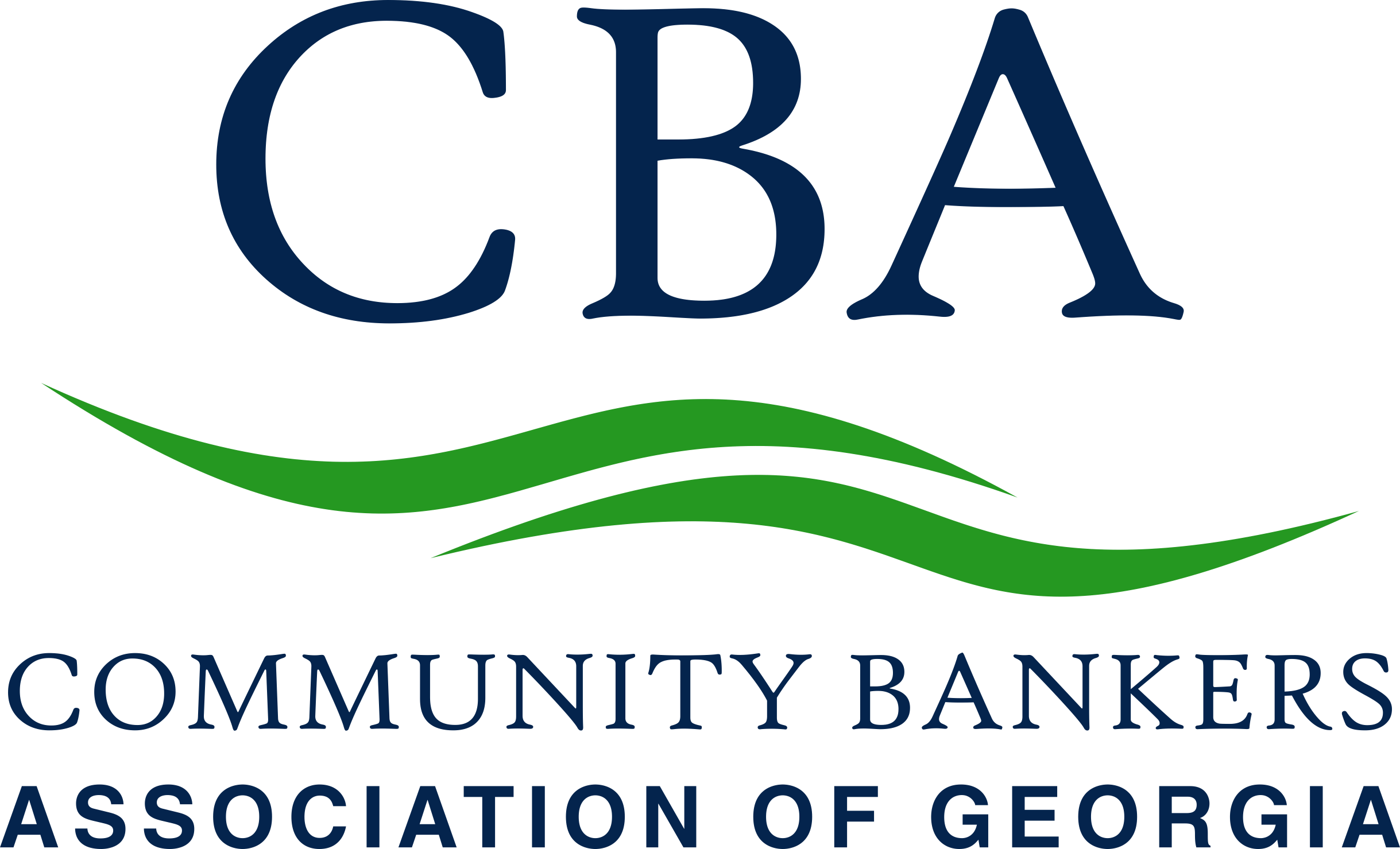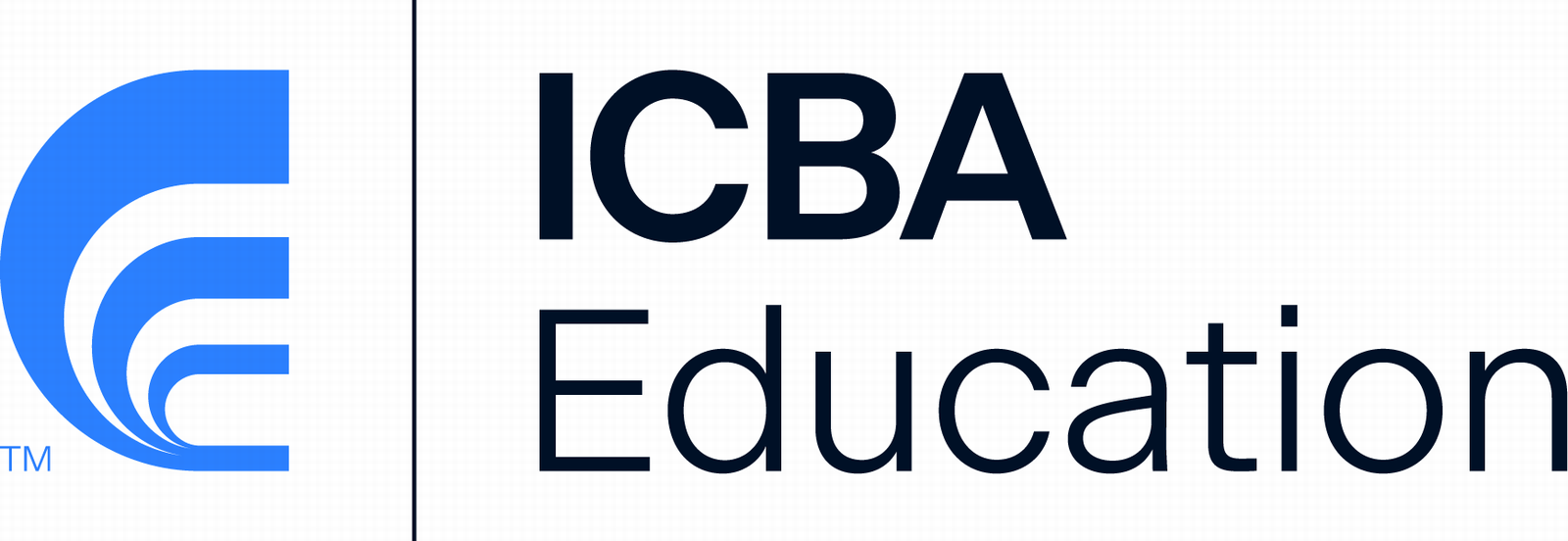Advocacy Update 2023 - Legislative Days 9-12
Date postedFebruary 3, 2023
Bills Hit the Floor
Both chambers hit an unofficial milestone this week, as the House and Senate voted on their first bills of the session. More than 200 bills and resolutions were introduced in just four legislative days. Those measures now move to standing committees, which play a critical role in the legislative process. They are the workhorses of the legislature, allowing for the division of labor and subject matter expertise.
This system enables the scrutiny of many bills and resolutions during the short forty-day session. Chairs control the committee process and determine if a bill will be considered by the committee members. Most bills are conceptualized by the author, drafted by legislative counsel, introduced, and assigned to a standing committee only to languish and ultimately expire without so much as a hearing.
As more measures come out of committee and are eligible for consideration by the full chambers, debate calendars in the House and Senate will continue to grow.
Both chambers hit an unofficial milestone this week, as the House and Senate voted on their first bills of the session. More than 200 bills and resolutions were introduced in just four legislative days. Those measures now move to standing committees, which play a critical role in the legislative process. They are the workhorses of the legislature, allowing for the division of labor and subject matter expertise.
This system enables the scrutiny of many bills and resolutions during the short forty-day session. Chairs control the committee process and determine if a bill will be considered by the committee members. Most bills are conceptualized by the author, drafted by legislative counsel, introduced, and assigned to a standing committee only to languish and ultimately expire without so much as a hearing.
As more measures come out of committee and are eligible for consideration by the full chambers, debate calendars in the House and Senate will continue to grow.
Department’s Housekeeping Bill
On Wednesday, HB 55 (the Department’s Housekeeping bill) was presented to the House Banks & Banking Committee. There were several questions asked by committee members clarifying the intent of changes made within the bill. The bill was passed out of Committee unanimously. Now, the bill moves to the House Rules Committee. To view the Committee meeting, click here.
On Wednesday, HB 55 (the Department’s Housekeeping bill) was presented to the House Banks & Banking Committee. There were several questions asked by committee members clarifying the intent of changes made within the bill. The bill was passed out of Committee unanimously. Now, the bill moves to the House Rules Committee. To view the Committee meeting, click here.
C-PACE (Commercial Property Assessed Clean Energy and Resilience)
Last session, HB 1413 was introduced by Rep. Trey Rhodes (R), Greensboro; however, the bill did not crossover during the session. CBA and other trade groups representing financial institutions objected to the bill as drafted and worked with several proponents of the bill during the off session to discuss the topic and explore potential alternatives that would mitigate our concerns.
HB 206 was introduced by Rep. Steven Sainz (R), St Mary’s and will be the bill that is contemplated during this session on C-PACE. This bill reflects changes made by the proponents to mitigate the concerns by the financial trade industry so that if the bill passes banks are in a better position than they were in the previous bill.
Mitigating Factors:
CBA is in a monitoring position and will neither support nor fight the bill as it stands presently, but will recognize the efforts by the proponents of the bill to work with our industry.
Last session, HB 1413 was introduced by Rep. Trey Rhodes (R), Greensboro; however, the bill did not crossover during the session. CBA and other trade groups representing financial institutions objected to the bill as drafted and worked with several proponents of the bill during the off session to discuss the topic and explore potential alternatives that would mitigate our concerns.
HB 206 was introduced by Rep. Steven Sainz (R), St Mary’s and will be the bill that is contemplated during this session on C-PACE. This bill reflects changes made by the proponents to mitigate the concerns by the financial trade industry so that if the bill passes banks are in a better position than they were in the previous bill.
Mitigating Factors:
- Maximum LTV 80%
- C-PACE loan is capped at a maximum of 25%
- Tightening of how often these loans can be used by defining resiliency
- Timing of when a bank is involved from a consent perspective as well as tightening of the waiver language
CBA is in a monitoring position and will neither support nor fight the bill as it stands presently, but will recognize the efforts by the proponents of the bill to work with our industry.






